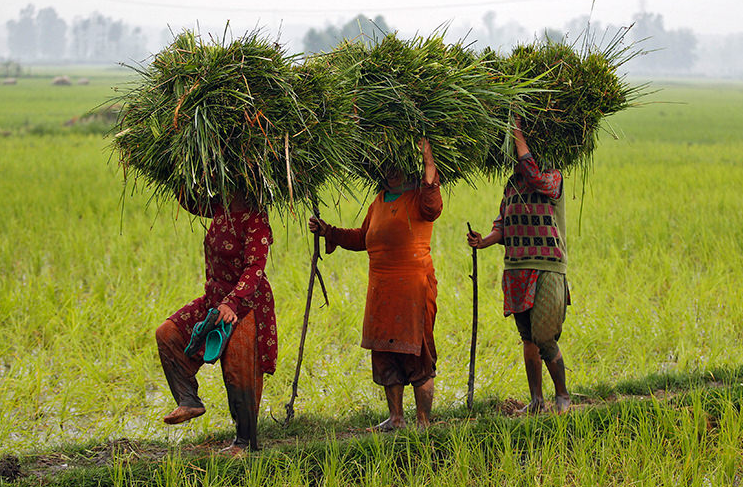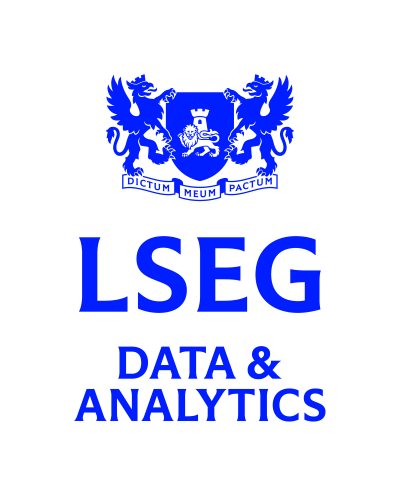Dr. Sayd Farook shares his experience as an advisory board member of EFICA

As part of the advisory board and organiser, I had the privilege of prepping the finalists of the Ethical Finance Innovation Challenge and Awards (EFICA) before they addressed a packed hall of more than 350 people on the 29th of October at the Westin, Dubai. find out more at: www.efica.com The EFICA finalists represented the purity of the spirit of innovation combined with a desire to change the world for the better.
Despite my evident bias, the event was widely acclaimed by all who attended as one of the most successful and exciting they have had the privilege to be a part of in a long time. The EFICA finalists represented the purity of the spirit of innovation combined with a desire to change the world for the better. When you innovate here, it’s not just about local-to-local innovation. It’s also local-to-emerging markets innovation, as the Middle East shares a lot of characteristics with emerging markets elsewhere in the world. These include fundamental market dynamics that are distinct from developed markets -- a weak ecosystem supporting innovation and commercialisation, a weak private sector, and poor education systems that encourage rote learning as opposed to creative thinking.
To see successful models come out of this part of the world is therefore very refreshing.
People in the developing world are creative in finding solutions to their problems but don’t have the necessary ecosystem to support the commercialization of these solutions into marketable products that everyone can use.
One of the three EFICA finalists, Yomken, enables innovators to raise funding from the crowd for solutions to small everyday needs. Yomken also allows companies to crowdsource innovative solutions to problems that they are facing.
One of Yomken’s innovation success stories is a project to develop a bike that can fold and be stored where real estate is very dense (which is often the case in crowded mega cities). This and other types of innovation is real, basic, and fulfills a need for many people but which until now could not be nurtured and developed because of a lack of a real engine or platform to facilitate innovation. Many in the audience that night at the Westin in Dubai argued that Yomken is no different from other crowdfunding sites such as Kickstarter.
But the advisory board and I thought otherwise. Most innovation is not ‘big bang’ disruptive innovation that changes the world. On the contrary, innovation can also mean applying a concept which exists in one context to a new and wholly distinct one. No such thing exists in the Arab world which has its unique peculiarities.
The second finalist is an amazing story coming out of Sudan. The Bank of Khartoum wanted to help the very poor herders in a rural village called Wad Balal. They found a business model to sell them cows on a deferred payment basis so that the farmers can benefit from the recurring income from their cattle. In addition, they also needed to invest in the facilities and technical expertise for cattle fattening so that the cows can yield the expected return. So they set up a community company to do just that, on a diminishing partnership basis (where the bank’s share would gradually decline to 0% and the community’s share would gradually grow to 100%). The company would then lease the services to the poor herders who would then be able to nurture their cows. Eventually the herders would be able to repay both the bank and the services fees as well as start to grow their own savings. This integrated financial services concept led to the empowerment of 100 families in the Wad Balal village and can potentially be replicated elsewhere. This is what I call financial engineering for good!
The last finalist originates from a diametrically opposite environment -- SEDCO Capital is an old money family office asset management firm (they manage more than $4 billion) setting up the first set of socially responsible funds that adhere to both UN Principles of Responsible Investing (ESG rules) and Shariah.
The effects of their socially responsible investment approach is already yielding social impact returns, such as a timber fund that considers the impact of local communities by avoiding damaging their local habitat and rivers and renewing errant land. Through their small investment of $50 million with a fund manager, they were able to ensure that the fund manager applies those criteria to the full $950 million fund.
This is a very significant turning point as it signals an era when we can get both ultra-high net worth family offices in the Gulf and traditional Islamic funds to realize that it might be better to focus their trillions of dollars on a more sustainable and ultimately high-performing asset.
So who won in the end?
It was the Bank of Khartoum’s integrated financial solution for Wad Balal village that received the majority of the votes from the audience (around the 54% mark) with the other two receiving a more or less equal split of the remaining votes.
What’s amazing is the resounding appeal this little project in the middle of Sudan had for all these bankers and professionals in the audience. The exciting takeaway is the potential this solution has for application in so many different contexts around the world. It could be used in almost any rural setting anywhere in the world and with some imagination, even in more industrialised and digital contexts.
The Lifetime Achievement Award winner was even more inspirational. Voted by the advisory board of EFICA, this year’s award winner was Dr. Amjad Saqib, a humble civil servant who felt that he needed to help the poor in Pakistan by giving them benevolent interest-free loans based on his belief that when you help those in need they will return the favour to others in the world (an institutionalised pay it forward). And it’s working!
The institution he founded, Akhuwat, operates on four integral pillars: interest-free micro financial services, spirit of volunteerism, usage of religious facilities for communal purposes, and converting borrowers into donors.
Akhuwat has so far served more than 350,000 poor families in 116 cities and towns. It operates from mosques and churches and is the largest individual-based lending programme in Pakistan. It doesn’t discriminate when it comes to who it lends to.
Through extensive outreach, Akhuwat has eased the financial hardships of a largely alienated portion of society by including them in the realm of equitable financial services and in doing so, the institution has propounded its philosophy to millions throughout the world and made them ambassadors of the cause.
If you like the changes these inspirational EFICA finalists and winners have started you can be part of it yourself. Start something new, talk to us, and submit an application for EFICA next year. Each and every one of us has the power to change the world in our specific contexts. We just don’t all reach for it.

